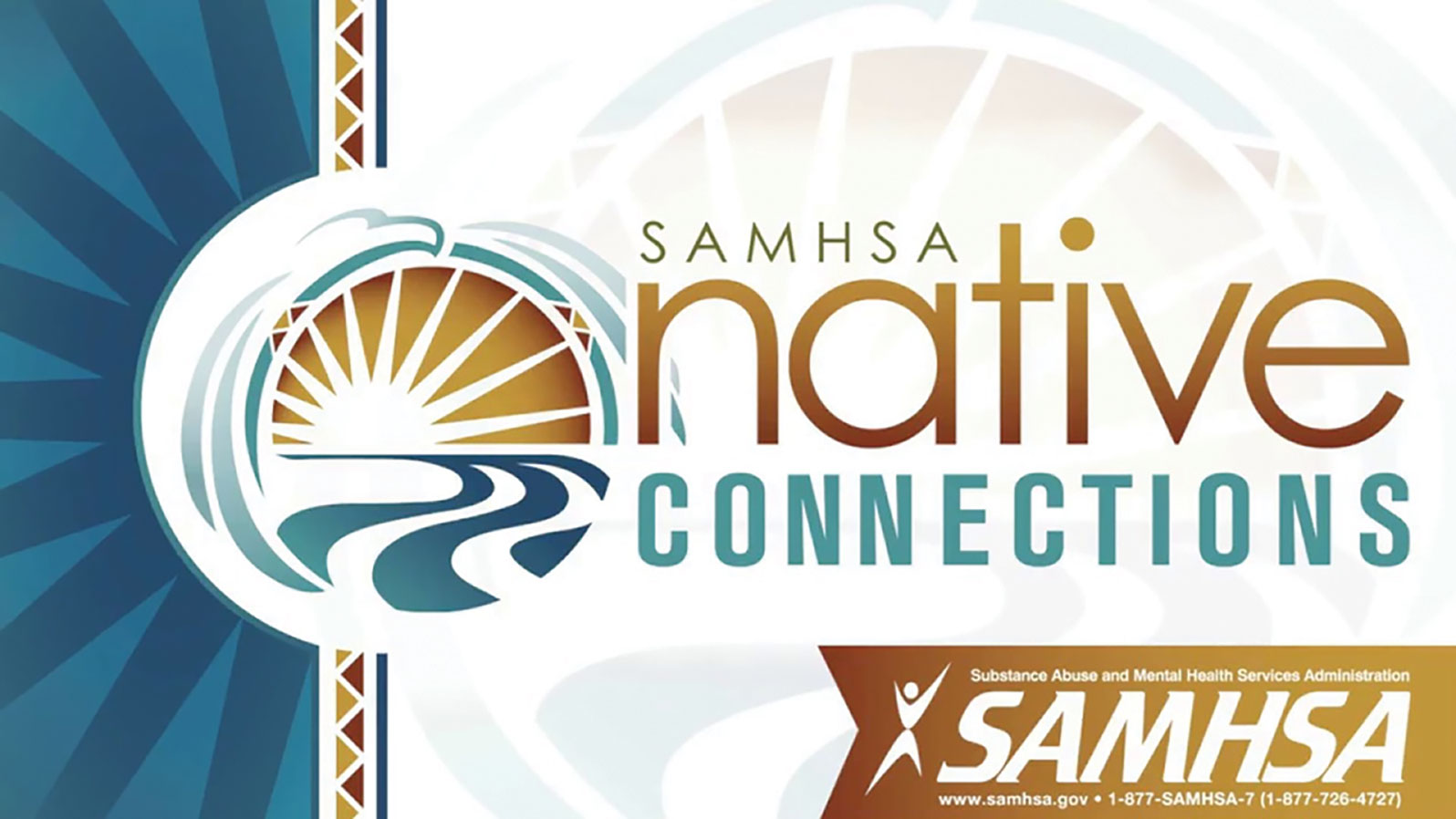Is addiction a brain disorder?
Addiction is a brain disorder. It is a chronic disease of the brain that impacts how the brain works. Addiction also impacts physical, mental, social, and spiritual aspects of life. This is reflected in an individual’s behavior to pursue the drug, and a lack of concern over the harm they cause themselves or others. Addiction is a messy, rough road for everyone involved. But there is hope and people live successful and meaningful lives in recovery every day.
Treatment works!
Treatment approaches and efforts to prevent addiction are generally as successful as those for other diseases. The area of the brain most affected by addiction is called the reward pathway. What happens is the reward pathway becomes damaged with repeated substance abuse. The reward pathway begins in the part of the brain called “the old brain.” This part of the brain controls basic survival skills, like eating or running away from danger. There is what is called a “go circuit” that causes a person to seek out food, sex, or pain relief when needed. When a person uses drugs or alcohol daily, these parts of the brain become hijacked. There is a “stop circuit” which tells a person to stop eating when they are full or feel satisfied. When drugs hijack the brain, the stop circuit no longer works. They lose the power of choice to stop using. The drugs hijack what is called the “new brain” where people make logical decisions. Their logic goes out the window, and as a result they will choose drugs before paying rent or buying food.
What does this all mean?
For years many people did not understand how a person could choose substances over their families or basic needs. Now that we understand the brain, we can understand why a person cannot stop on their own. There is help there! Treatment options are available for anyone eligible for services at the Southern Ute Health Center. At the Behavioral Health division, we work hard at helping people get the right treatment for themselves and their loved ones.
If you need to talk to someone, please reach out.
It’s okay not to feel okay. If you or someone you know has been struggling with their emotions, behaviors, or substance use please reach out to us. We can help you find appropriate tools and services that could help you overcome obstacles in your life. We are here for you. Please contact the Southern Ute Behavioral Health Division or the Native Connections Program at 970-563-5700 for more information or to set up an appointment to see a counselor or therapist.
References:
National Institute on Drug Abuse- Advancing Addiction Science website (2017). Impacts of Drugs on Neurotransmission. Retrieved from https://archives.drugabuse.gov/news-events/nida-notes/2017/03/impacts-drugs-neurotransmission
Local Resources
Southern Ute Health Center, Behavioral Health Division: 4101 CR 222 Durango, CO 970-563-5700. For local Native Americans. We are here to support mental health, substance use prevention, treatment, and recovery. Please call to schedule an appointment to talk to someone.
Southern Ute Division of Social Services: 116 Capote Drive, Ignacio, CO 970-563-2331 or dss@southernute-nsn.gov for local Native Americans needing assistance with child welfare needs and family support.
Southern Ute Police Department: Anonymous Tip Hotline Do you have information about a crime? Please call 970-563-4999. This “Tip Line” was designed to allow you the ability to provide law enforcement with information, anonymously, if need be, regarding criminal, drug, or suspicious activity. The “Tip Line” is monitored around the clock by SUPD Investigators, but it DOES NOT replace 9-1-1 or the non-emergency police number 970-563-4401.
St Ignatius Catholic Church: Pastor Cesar Arras, 14826 CO-172, Ignacio, CO 970-563-4241.
Ignacio Community Church: Pastor Randall Haynes 405 Browning Ave, Ignacio, CO 970-759-3633
Second Wind Fund of the Four Corners: Believes that every child and youth at risk of suicide should have access to the mental health treatment they need. We match children and youth at risk for suicide with licensed therapists in their communities, 720-962-0706.
Women’s Resource Center: Creates personal, social, and professional growth opportunities for all women in La Plata County, 970-247-1242.
24/7 State or National Resources
Colorado Crisis Line: 844-493-8255 or Text “TALK” to 38255. You’ll immediately be put in contact with a trained counselor, ready to text with you about anything.
The National Suicide Prevention Lifeline: Has both an online chat and a 24/7 phone line at 1-800-273-8255 if you are thinking of suicide or need help for a loved one.
The Trevor Project which seeks to serve LGBT youth, has a 24/7 suicide prevention line at 866-488-7386.
24/7 Axis Crisis Line: SW Colorado 970-247-5245 or Text 741741.

